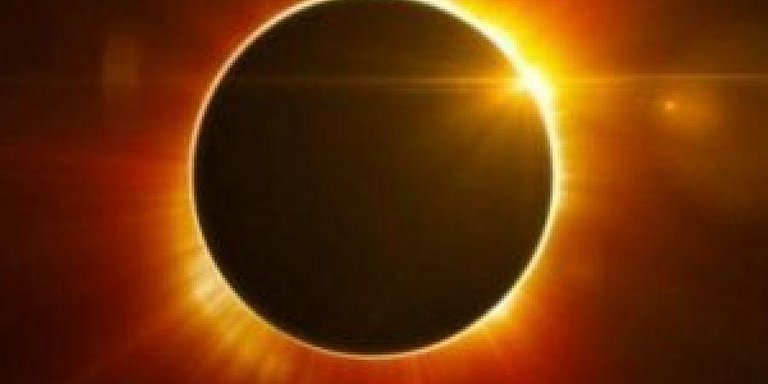Millions of Americans with protective glasses take their positions along a strip of land that cuts the United States diagonally to see the first full solar eclipse from coast to coast in nearly 100 years.

After weeks of anticipation, the shadow of the moon, which covers the entire sun, leaves only a halo of what it says is the largest audience in human history.
If we include viewers through media outlets and social networking sites, their numbers will break all records.
About 12 million people live in the 113-km-long region, which stretches about 4,000 kilometers long and will feature the eclipse on Monday. Millions traveled to parts of this area to watch.
"We have no cloud in the sky," said Dave Vanderlan, a 61-year-old retired weather forecaster for Monday's brilliant weather. "We're busy but anyone in Atlanta says he wants to watch the total eclipse come to this area and it would be crazy.
The eclipse will first appear at 1715 in Debu Bay, Oregon, and about 94 minutes later the eclipse will be completed near Charleston, South Carolina.
The last time this phenomenon occurred was from the Pacific coast to the Atlantic coast in 1918. The most recent eclipse occurred in the United States in 1979

In Dibu Bay, a town of 1,500 people, the clear sky has enhanced the expectations of seeing the phenomenon clearly.
Lisa Black of Vancouver, Canada, said she and a group of her friends planned to have breakfast on the beach and be ready for protective glasses.
For millions of others who can not come to this area, a partial eclipse of the sun will occur across North America if it is not covered by clouds.
Michael Zeller, who describes himself as a stalker of the eclipse phenomenon, may not have had the chance for so many people to see a total eclipse.
He said he would see the ninth day of total eclipse in his life.
He said the ongoing publicity for weeks had stirred up people's enthusiasm and may have prompted many families to arrange at the last minute to take a road trip to watch the eclipse.
Zeller, who runs a website dedicated to the phenomenon, estimates that 4.7 million people will travel to the region to watch the eclipse, which is at the height of the summer holiday season.
